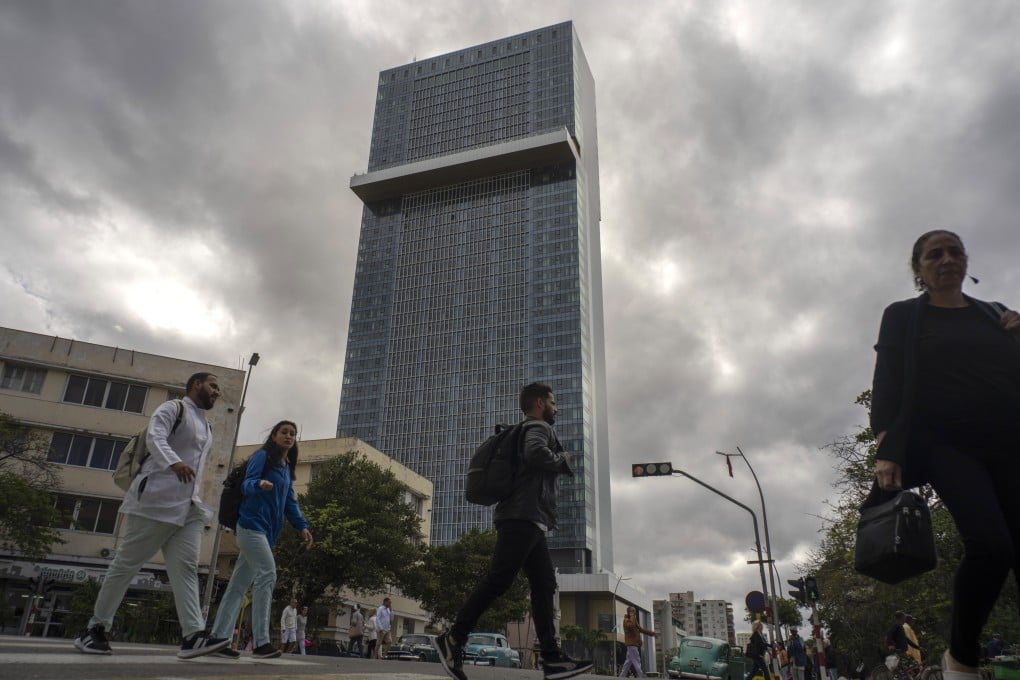Havana luxury hotel ‘unforgivable’ amid Cuba’s economic woes
The Selection La Habana hotel, managed by Spanish chain Iberostar, has yet to be inaugurated but it is already the target of criticism

It’s impossible to miss. The huge rectangular mass of concrete and glass – the tallest building in Havana – dominates the city skyline, towering 150 metres above colonial homes with its 542 luxury rooms and majestic views of the city and the sea.
The Selection La Habana hotel, managed by Spanish chain Iberostar, has yet to be inaugurated but it is already the target of criticism – and not only for its unusual shape. Cubans are questioning the government’s allocation of millions of dollars towards luxury tourism while the island grapples with a severe economic crisis and tourism numbers plummet to historic lows.
“All that money could have been spent to build hospitals and schools,” lamented Susel Borges, a 26-year-old artisan, as she looked up to the towering edifice, known to locals as the “K and 23 building” because of its location.
Located near the legendary Habana Libre hotel and the famous Coppelia ice cream parlour, the new hotel is part of a government plan to build a dozen luxury establishments – mainly in Havana – that did not stop even during the COVID-19 pandemic and while existing luxury hotels remained largely unoccupied.
For decades, tourism drove the Cuban economy, generating annual revenues of up to US$3 billion. But in December, Cuban authorities said only 2.2 million tourists visited the island in 2024, a decrease of roughly 200,000 from 2023 and significantly lower than the 4.2 million tourists who visited in 2019.

The government attributes the decline in tourism to a “perfect storm” of factors including supply shortages, a severe energy crisis causing massive blackouts, and a lack of personnel due to emigration and low wages. Furthermore, the island is grappling with a surge in U.S sanctions, including restrictions on travel by US citizens, and a ban on cruise ships and other measures specifically designed to stifle the growth of Cuba’s tourism industry.